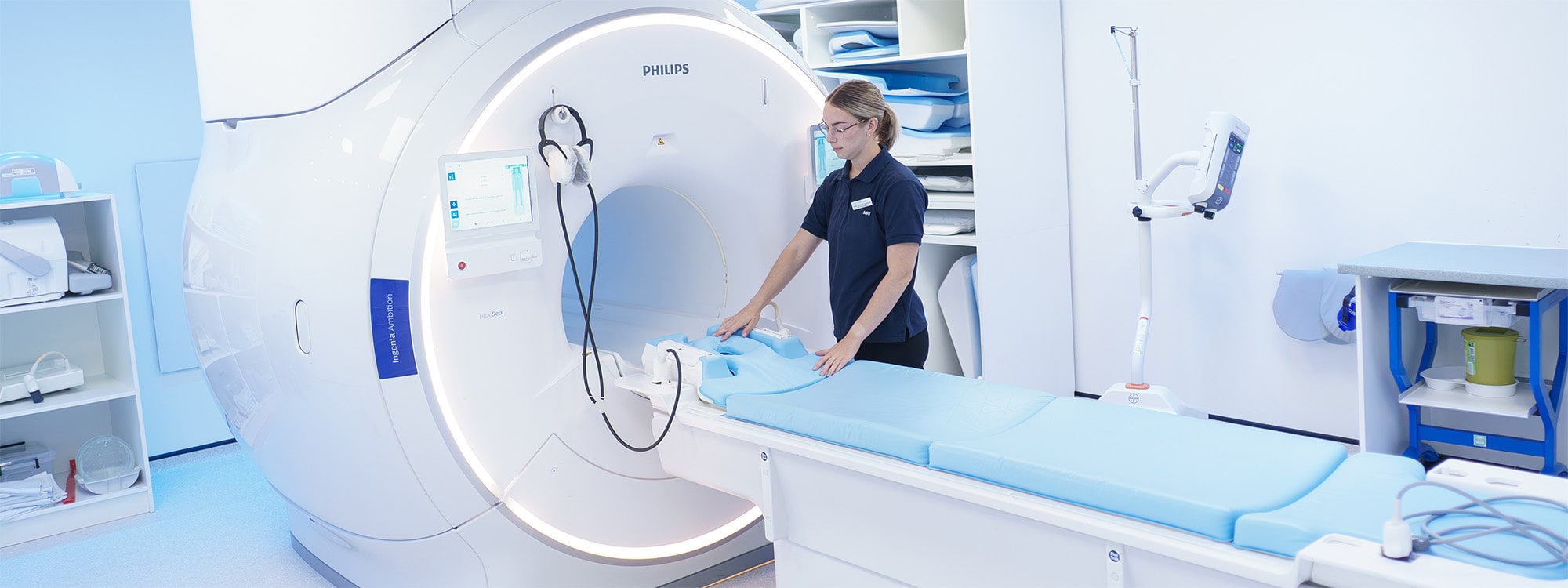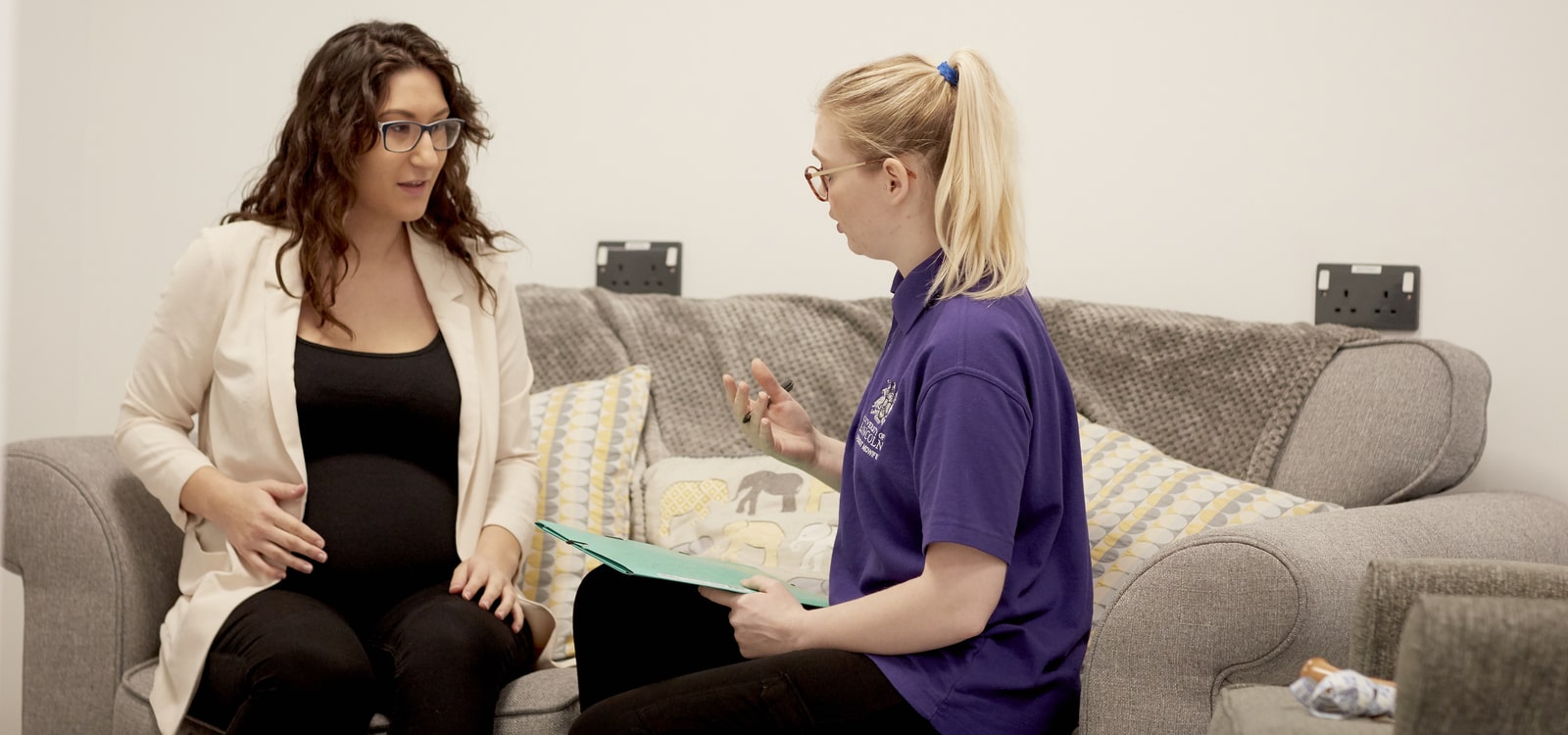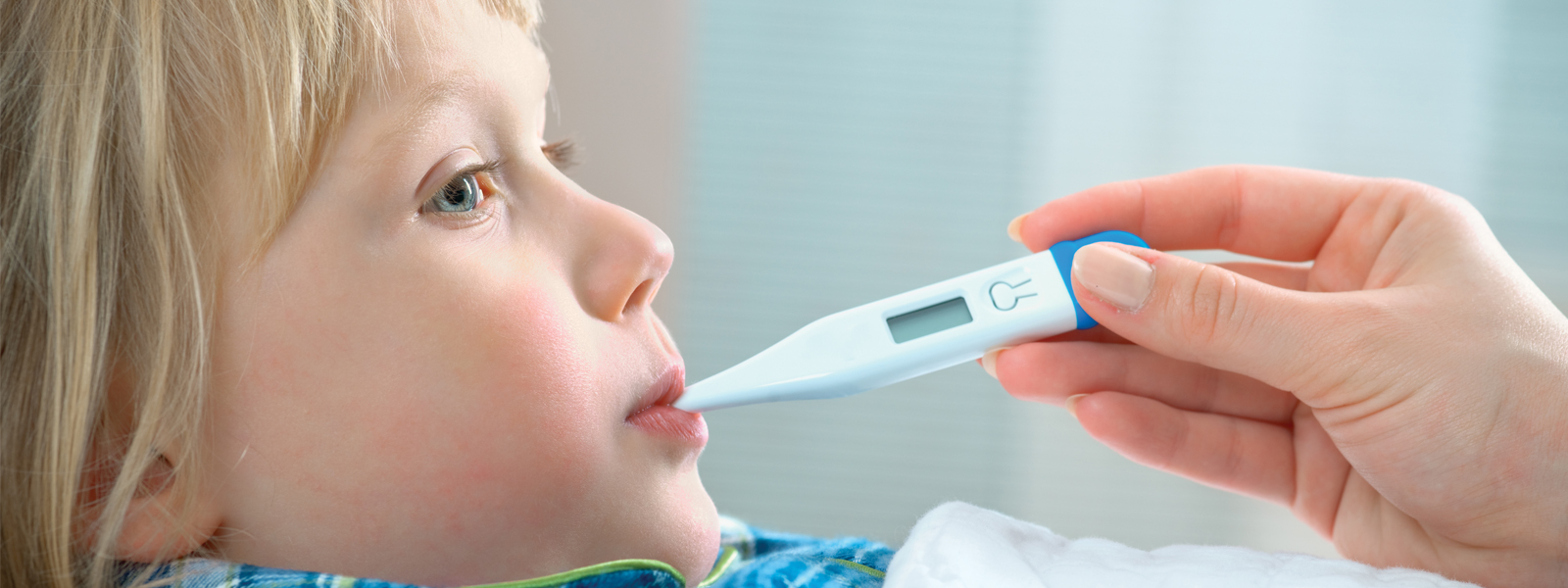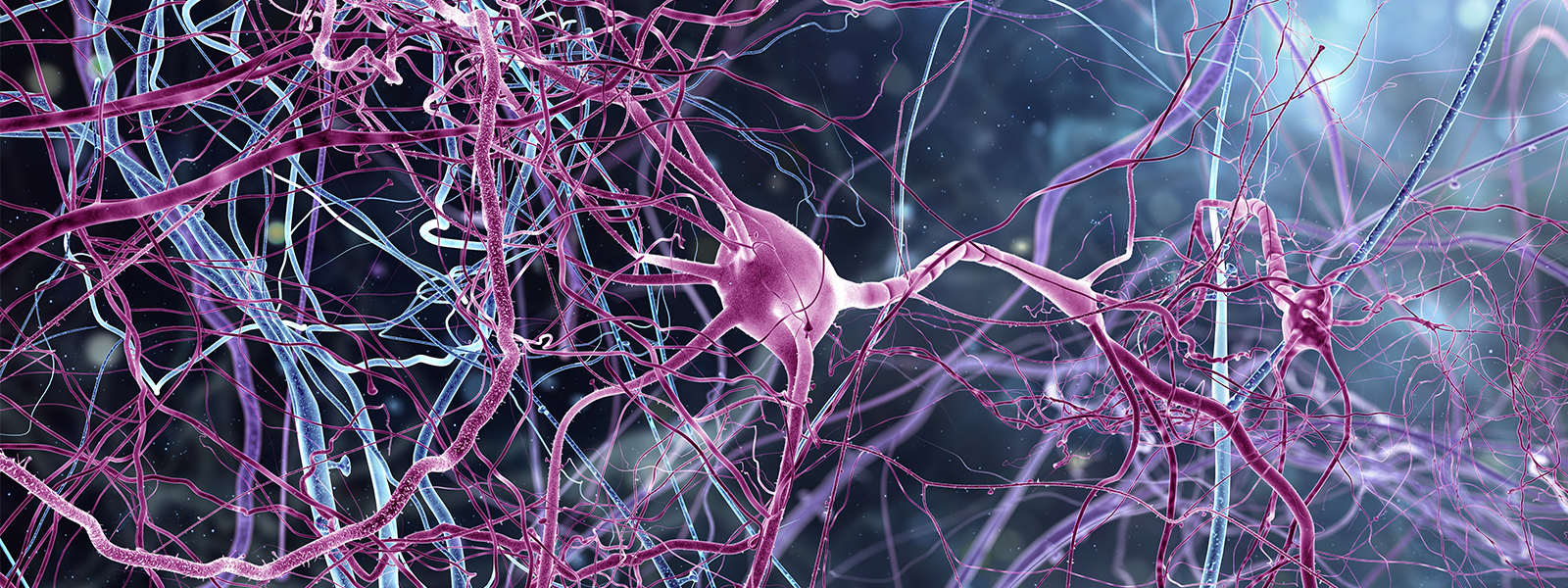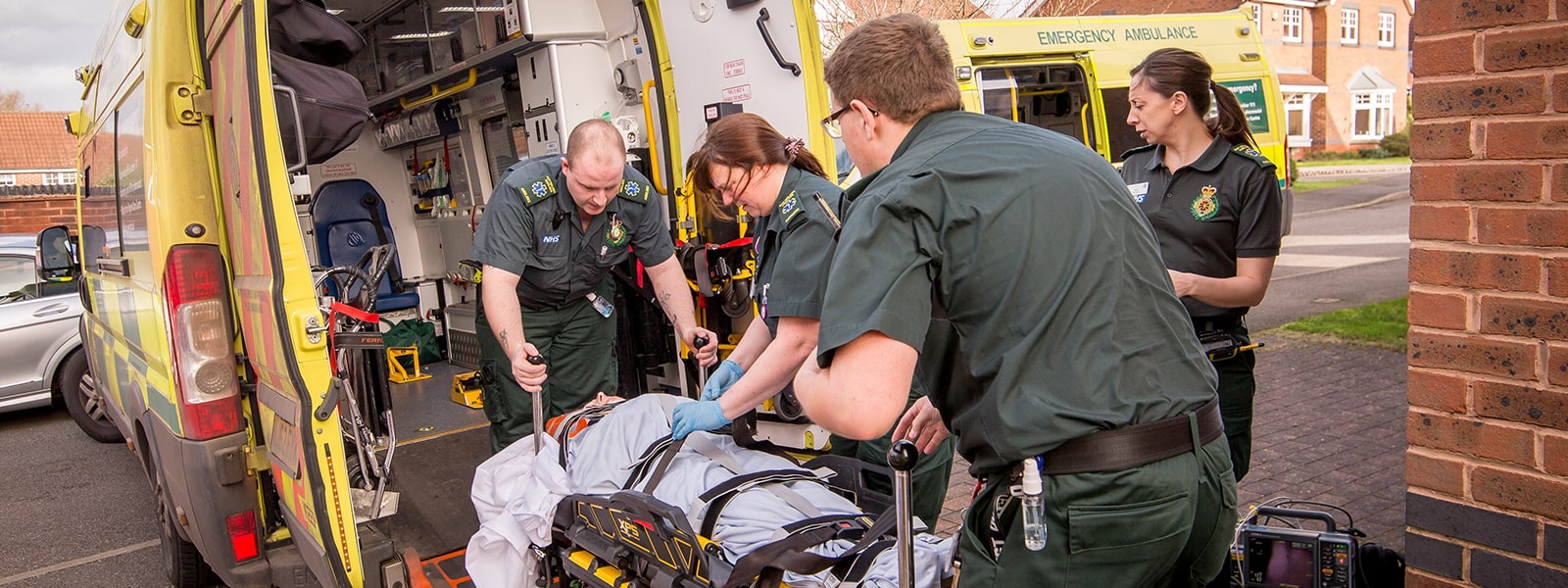United Kingdom
128 UCAS Tariff points from a minimum of 2 A Levels or equivalent qualifications to include 40 points in Biology, Chemistry, Physics, or Life Sciences.
BTEC Extended Diploma: Distinction, Distinction, Merit in Applied Science.
T Level: Merit in Health, Science, and Health and Science accepted.
Access to Higher Education Diploma: 45 Level 3 credits with a minimum of 128 UCAS Tariff points, including 40 points from 15 credits in a science related subject. (Biology, Human Biology, Chemistry, Sport Science, Psychology are accepted).
International Baccalaureate: 32 points overall including Higher Level 5 in a science related subject ((Biology, Human Biology, Chemistry, Sport Science, Psychology are accepted).
GCSE's: Minimum of three GCSEs at grade 4 or above including English, Maths and Science, or equivalent qualifications, such as Functional Skills Level 2.
The University accepts a wide range of qualifications as the basis for entry and do accept a combination of qualifications which may include A Levels, BTECs, EPQ etc.
We may consider work experience alongside academic qualifications and will review this on and individual basis
Certificates of all previous qualifications will need to be provided before any offers are confirmed.
Other requirements include:
- This course is not open for overseas applicants.
- In order to be eligible to apply, applicants born outside of the UK must have settled residential status.
- If you are now settled in the UK, and do not have GCSE English, you will require English Language IELTS 7.0 with no less than 6.5 in each element: http://www.lincoln.ac.uk/englishrequirements
- Successful performance at an interview.
- Knowledge of contemporary health and social care issues, and the nature of nursing in a public health context.
- Understanding of written material and can communicate clearly and accurately in written and spoken English.
- Satisfactory completion of Occupational Health Check.
- Satisfactory completion of an Enhanced Disclosure from the Disclosure and Barring Service (DBS).
- Experience of interacting with the public not necessarily in a care setting. This can be achieved as part of a programme of study, voluntary or paid work. Please include in the personal statement a reflection of your learning from these experiences and apply them to the skills required of a diagnostic radiographer.
When you choose Diagnostic Radiography in your UCAS application, you will be asked an additional question regarding criminal convictions. Here you must declare all spent and unspent criminal convictions including (but not limited to) cautions, reprimands, final warnings, bind over orders or similar and details of any minor offences, fixed penalty notices, penalty notices for disorder, ASBOs or VOOs.
We do not accept deferred applications for Diagnostic Radiography, Nursing, Midwifery, Paramedic Science, or Social Work. You must apply in the year you wish to start the programme.
International
Non UK Qualifications:
If you have studied outside of the UK, and are unsure whether your qualification meets the requirements, please visit our country pages for information on equivalent qualifications.
https://www.lincoln.ac.uk/studywithus/internationalstudents/entryrequirementsandyourcountry/
For information regarding other English language qualifications we accept, please visit the English Requirements page.

